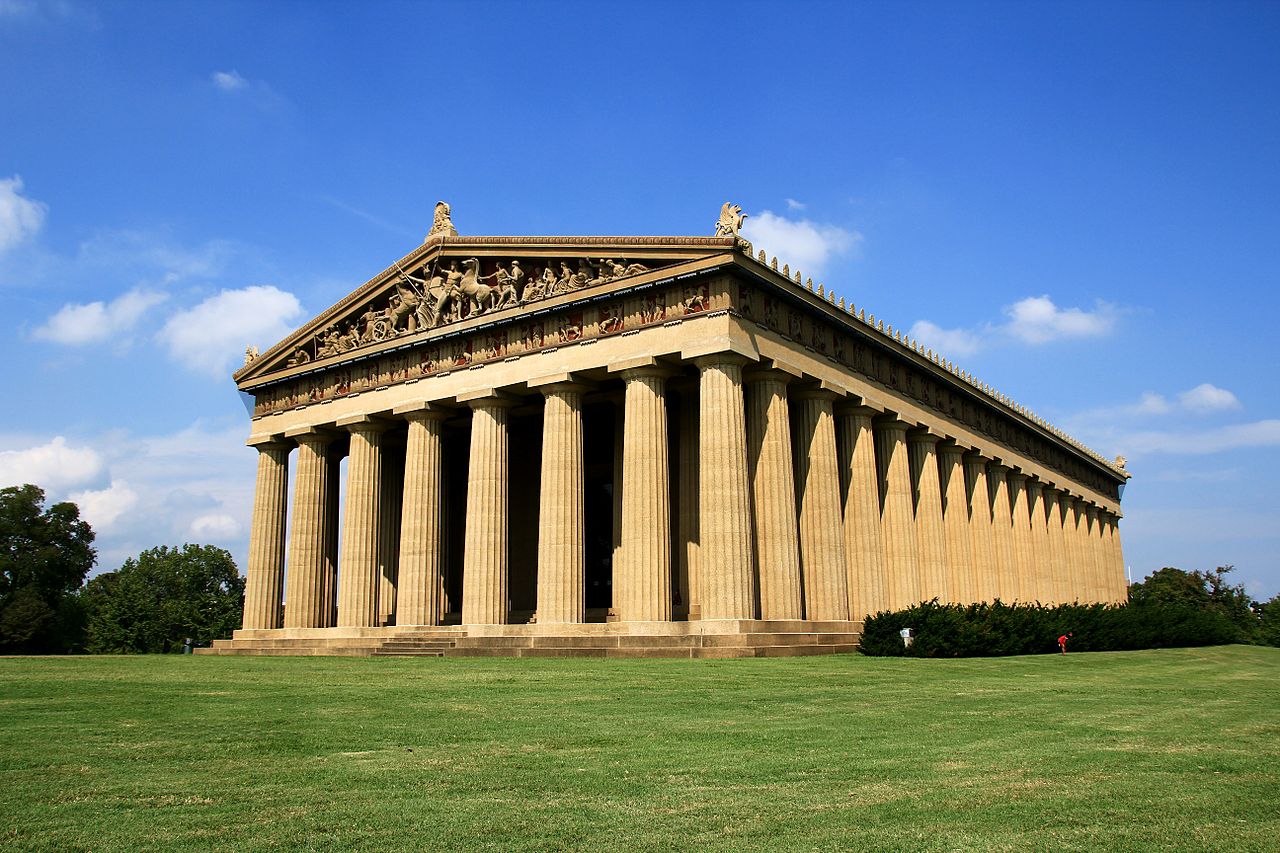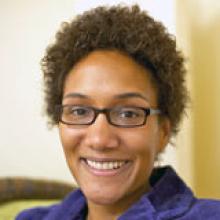HUMS 251, Rewriting Ancient Greek Classics in Contemporary Anglophone Fiction

Course Description:
“We are still mythical” as Kae Tempest intones in Brand New Ancients (2013). This course analyzes creative rewritings of ancient Greek literature in contemporary Anglophone fiction, spanning the novel, lyric poetry, and drama. We consider why and how authors continue to turn to ancient Greek literature and myth to give form and fresh meaning to contemporary experience, ranging from the narratives that we use to articulate our personal, inner lives to the forces of culture, politics, and society. The authors studied in this course come from several different countries and write from diverse cultural, ethnic, racial, religious, and queer backgrounds. In addition to analyzing rewriting as the creation of original literature and the counter-canonical use of the Classics, we also study what happens to the alterity of antiquity in the process of adaptation and rewriting. Above all, this course is an opportunity to read and discuss some of the most scintillating contemporary Anglophone fiction. The authors on the syllabus are Anne Carson, Natalie Diaz, Michael Hughes, Daisy Johnson, Tayari Jones, David Malouf, Jonah Mixon-Webster, Alice Oswald, Kamila Shamsie, Kae Tempest, and Ocean Vuong. Please consult the syllabus for preparatory reading.
Led by:
 |
Professor Emily GreenwoodEmily Greenwood studied Classics at Cambridge University, where she gained her BA, MPhil, and PhD degrees. After finishing her PhD she was a research fellow at St Catharine’s College, Cambridge (2000–2002), before joining the department of Classics at the University of St Andrews where she was lecturer in Greek from 2002–2008. She joined the Classics department at Yale in July 2009. She has a secondary appointment in the Department of African-American Studies. Her research interests include ancient Greek historiography, Greek prose literature of the fifth and fourth centuries BCE, twentieth century classical receptions (especially uses of Classics in Africa, Britain, the Caribbean, and Greece), Classics and Postcolonialism, and the theory and practice of translating the ‘classics’ of Greek and Roman literature. She is more than happy to talk to students who are interested in working in any of these areas. |